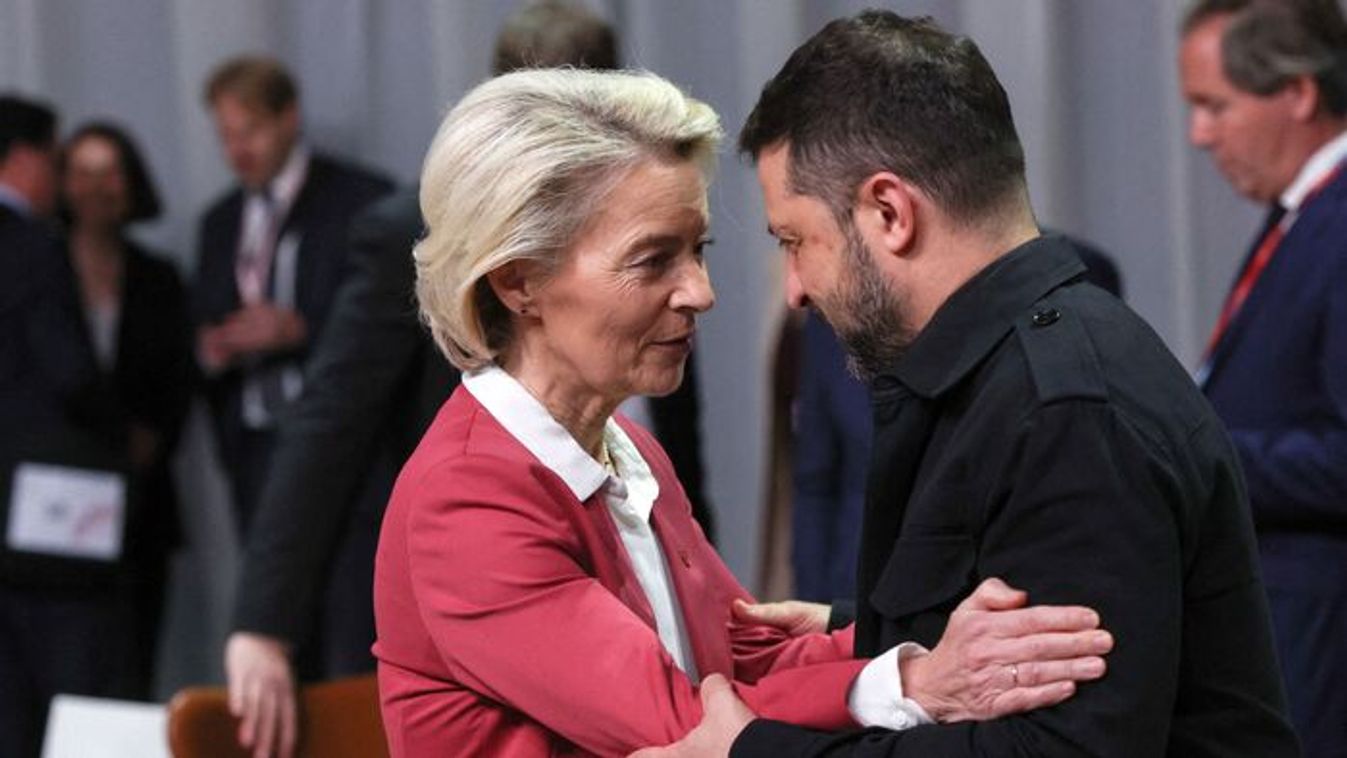Csak két perc: videón a legdurvább ukrán fenyegetések Zelenszkijtől a rettegett ukrán őrnagyig

Magyarország katonai megszállásától a választási eredmények megtámadásáig – minden belefér az EU-s csatlakozást követelő ukrán megszólalók szerint.

This term’s cases also signal a willingness on the Court to be determined and consequential in the pursuit of conservative constitutional interpretation. That is, it is not going to limit itself to one or two major things, but it is going to cover entire American constitutional law – Neal E. Devins pointed out in a conversation with Lénárd Sándor.

The 2021 October term of the SCOTUS will definitely enter the history books for various reasons. One of these is a major shift in the interpretation of the Constitution. We could witness as the “living constitution” gives place to “originalism”. How long did it take for “originalism” to win over the mainstream constitutional interpretation in America?

With regards to the conservative legal movement,
everything began with President Ronald Reagan.
He wanted to see a more conservative Republican Party and he made steps for his judicial appointments to be committed conservatives. However, at that time, the conservative legal network was just getting started and there were not so many committed conservatives in the legal establishment. That is where the Federalist Society came in.
What has been the role of the Federalist Society in this endeavor, what strategy has it pursued?
President Reagan’s Attorney General, Edwin Meese embraced the Federalist Society and he hoped that it could create a pool whereby there would be well-credential conservatives who can become judges later on. However, it was a long-term project as it took time to grow conservative judges. Meese was also of the view that for someone to be a committed conservative, they had to believe in certain jurisprudential principles. The jurisprudential principles that Meese latched onto was originalism. Meese used the Justice Department as a vehicle to promote originalism and so he brought in people like Antonin Scalia to lead lunch talks with young attorney, many of whom were also Federalist Society members. Although this wave gained traction,
it has taken many years before it truly bore fruit
and originalism becomes a method often used by the Supreme Court It was 20 or 30 years later that originalism became dominant and then as we see it today has become the controlling method of interpretation.
What are the cases of this term that are most significant and show this paradigm shift in the Court’s life?
Originalism has definitely won over this term. In the Dobbs abortion case, the Court said that you need to look at what the 14th amendment meant at the time of its ratification in order to understand whether there are rights implicit in the Constitution.
You cannot look at other visions of rights or later day history;
you need to look what people understood at the time when the 14th amendment was ratified with respect to abortion rights. At the same the Court said that the 1973 Roe v. Wade decision was a failure, because it failed to make use of that historical analyses and instead payed attention to more contemporary concerns. The Second Amendment, gun rights’ case, Court also plays very close attention to the understanding of the words of the constitutional text at the time of the framing of the constitution.
When we highlight the Dobbs decision as one of the most important decisions of the term, we also recall Roe v. Wade. Specifically, in regards to this case, some scholars have long been of the opinion that the Supreme Court gravitated too much power and, whether it wants to or not, decides over questions that should belong to the democratic process. How did this development influence American politics in your view? Can originalism ease this tension?
Well, proponents of originalism definitely say yes. You prevent the Court from “running amok”, in other words making rules without principles by having something that constrains them.
So, in this sense, originalism and textualism are ways of constraining courts;
you want them “staying in their lane”. But the question of what history means can be also subject to interpretation or debate as well. Critics point out that it could not serve as a strong enough constraint since it can be used to reach both conservative and progressive results.
In regards to centralization and decentralization, another important theme of this term is religious liberty and the separation of church and state cases. How do you see the development of those cases?
They are important in their own right because the issues are obviously important. However, they also signal a willingness on the Court to be determined and consequential in the pursuit of conservative constitutional interpretation. That is, it is not going to limit itself to one or two major things, but
it is going to cover entire American constitutional law.
That includes the willingness to overturn precedents in regards to the establishment clause for example. Those cases speak to the ambitiousness of the Court in pursuing a broader social conservative agenda.
How does SCOTUS approach the dilemma of the “administrative state”? Why are these cases important?
The Court is of the view that federal agencies need to be constrained. If Congress gives an agency authority, it has to be specific and the delegation has to be clear. If Congress is functioning and could enact legislation,
it might be very good for Congress to take responsibility for making and shaping policies and also for constraining agency’s decisions.
However, if Congress remains dysfunctional, these Court decisions will simply take authority away from agencies. This essentially limits the scope of government. This might lead to deregulation as Congress will not be able to enact the legislation that the Court says it needs to enact.